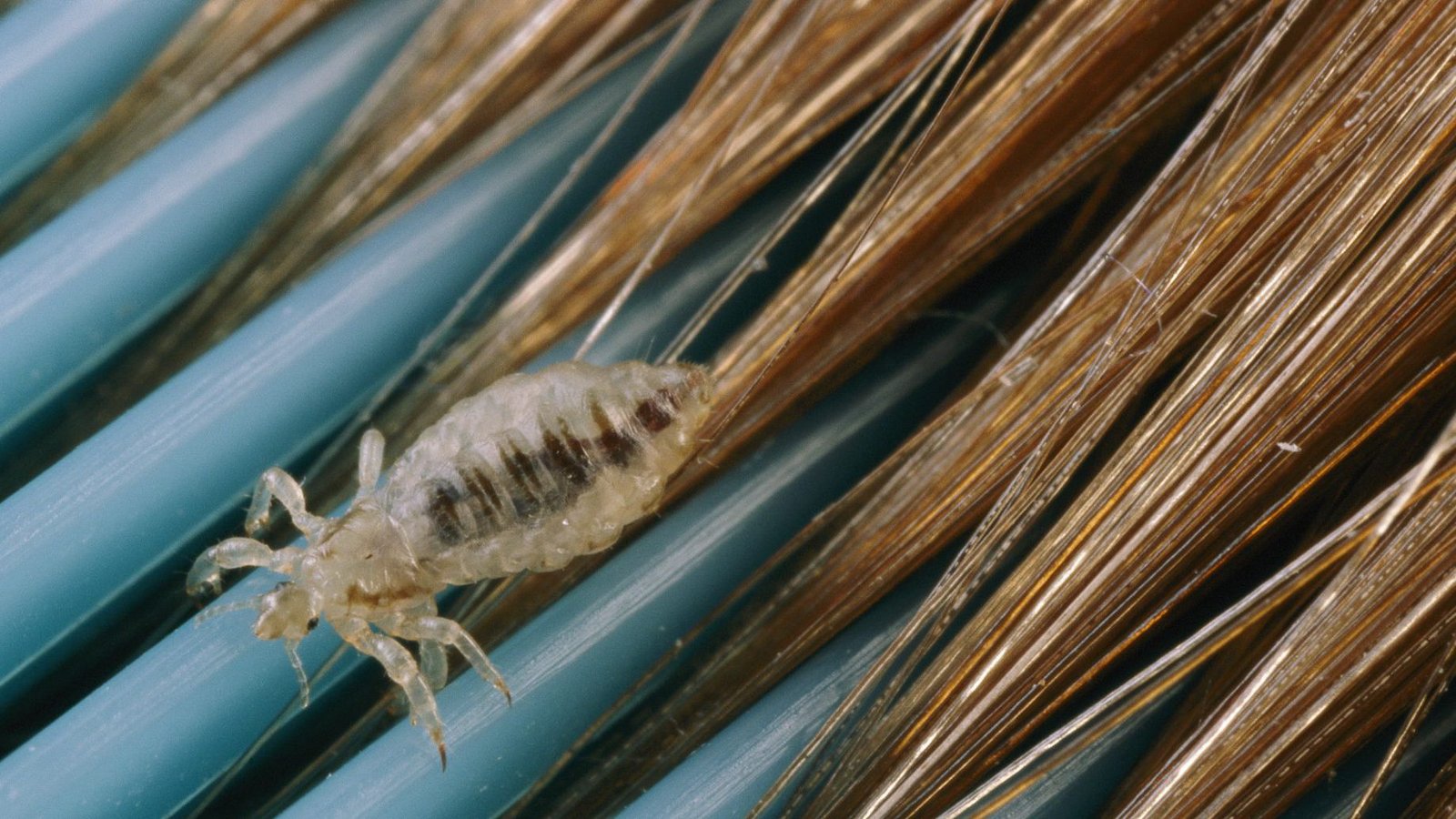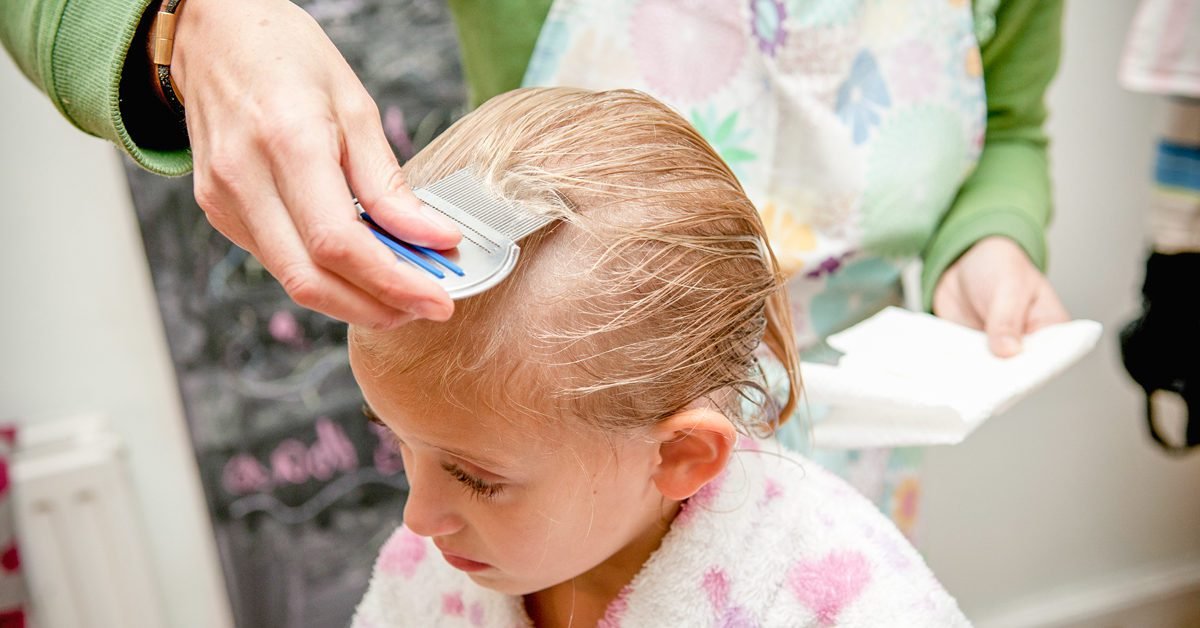
Does Health Insurance Cover Lice Treatment
Does health insurance cover lice treatment? It happens every day. If your children go to school or summer camp, they are likely to be exposed to head lice. The tiny critters spread quickly among children between the ages of 3 and 11, who are likely to share earphones, hats, and helmets. According to Harvard Medical School, head lice are more common in children than adults. Head lice are tiny with tiny paws that roam around and grab human hair. Their eggs stick to the hair near the scalp. Lice eggs usually hatch about eight days after laying and grow into adults a week later. They can survive on the scalp for several weeks Itching and scratching are typical signs and symptoms of head lice. But lice do not transmit any infection or disease. But if they are detected, you want to safely remove them as soon as possible. If your child gets head lice, you may be wondering if lice treatments are covered by insurance.
Head Lice Treatment Options
There are many ways to treat head lice. In some cases, you can use more than one method. Once you have confirmed the presence of lice, check all other adults and children in your home. In your struggle to get rid of lice, you may be tempted to buy an easy solution from a pharmacy or supermarket. Unfortunately, many home treatments are inefficient, time-consuming, and do not provide the desired relief in many cases. If a lice infestation has occurred, you should seek professional help. Finding the right treatment is essential. Lice do not go away without treatment.
Over-the-counter medications prescribed by a doctor will kill the lice, but not the eggs. Therefore, you need to use the drug for some time to see good results. The chrysanthemum flower is poisonous to lice. Pyrethrin, a chemical compound extracted from the flower, is used as a base to make these drugs. You should use these medications as instructed by your doctor.
If these over-the-counter medications don’t work, your doctor may prescribe benzyl alcohol, malathion, or lindane. Benzyl alcohol kills lice by depriving them of oxygen. Malathion is a medicated shampoo that needs to be applied and dried naturally. It should be rinsed only after 8-12 hours. Lindane is only used in extreme circumstances when other treatments have failed. Benzyl alcohol, malathion, or lindane should only be used under a doctor’s direction and not alone, because they can cause serious side effects, such as seizures.
Does Health Insurance Cover Lice Treatment?

Questions about whether your lice treatments are covered by your insurance are best answered by your insurance company. Many health insurance plans offer reimbursements through flexible spending accounts (FSAs) or health savings accounts (HSAs). Contact your health care provider for more information about coverage of lice removal products and services. If your insurance covers these out-of-pocket costs, professional lice removal can provide the necessary forms for reimbursement. Of course, they will also provide you with receipts detailing their services.
How much does it cost to treat head lice?
To better understand how a professional lice removal service can help you save money, I’ll take an average family of four as an example. Let’s say one of the individuals has a positive case of head lice. Statistics show that in a family where there is one case, there is an 85% chance that another family member also has head lice. With the mere mention of head lice causing panic like no other, families rush to the pharmacy and buy enough head lice treatment kits to treat the entire neighborhood…or at least one for every family member. in case of. Depending on the brand, over-the-counter lice treatment kits cost between $25 and $50 each. This family of four just spent between $100 and $200 on over-the-counter lice products.
When the family went to a doctor for help, they had to pay for an office visit that cost between $125 and $250. If a prescription lice treatment is recommended, this family will pay between $150 and $310 per prescription.
Conclusion: Does Health Insurance Cover Lice Treatment?
Does health insurance cover lice treatment? Most head lice treatments are reimbursed by some health insurance companies. You should always check with your health care provider for more information about the coverage of lice removal products and services.








